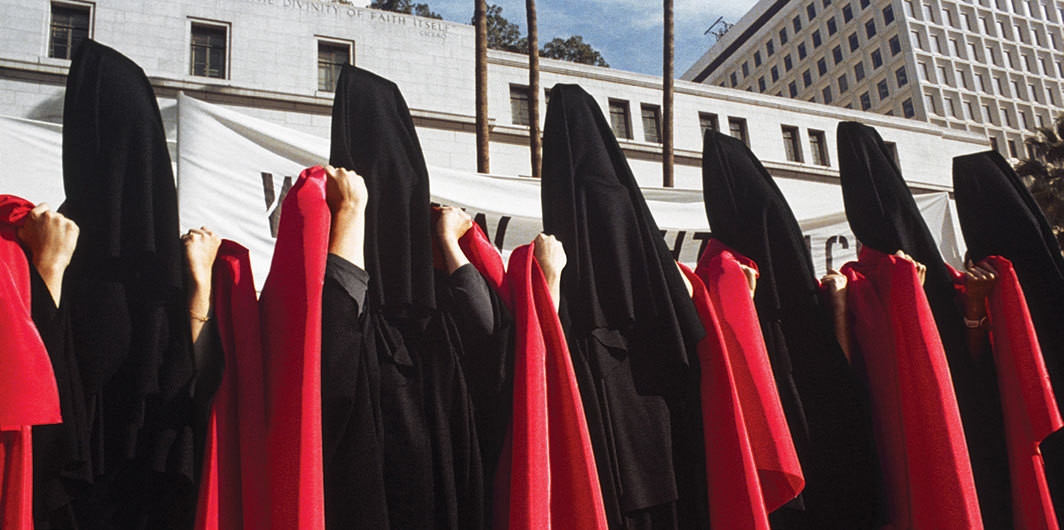Cracking the Coder
At some point while reading Coders (Penguin Press, $28), technology writer Clive Thompson’s enjoyable primer on the world of computer programmers, I started to note the metaphors being deployed by Thompson and his subjects to explain what it is they do, exactly. Coding, my incomplete list tells me, is “being a bricklayer,” “playing a one-armed bandit in Las Vegas,” “deep-sea diving,” “combat on the astral plane,” “oddly reminiscent of poetry,” “oddly like carpentry,” “like knitting and weaving,” “like being a digital plumber,” and “like the relationship of gardeners to their gardens.” It “







